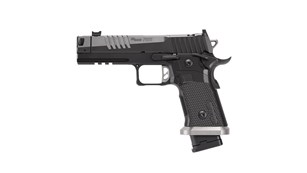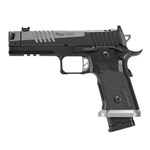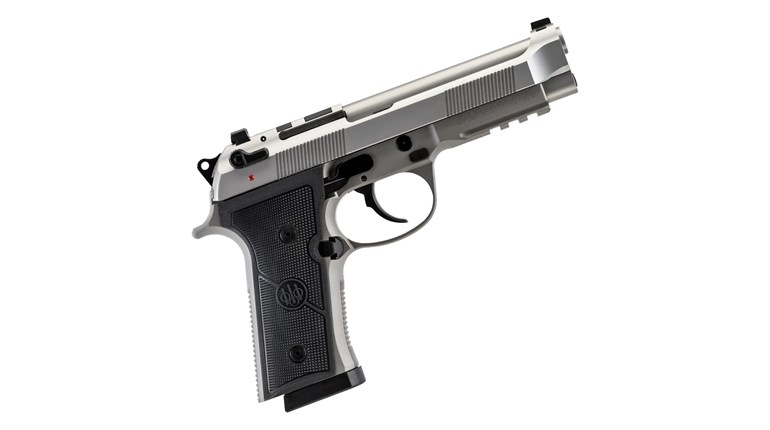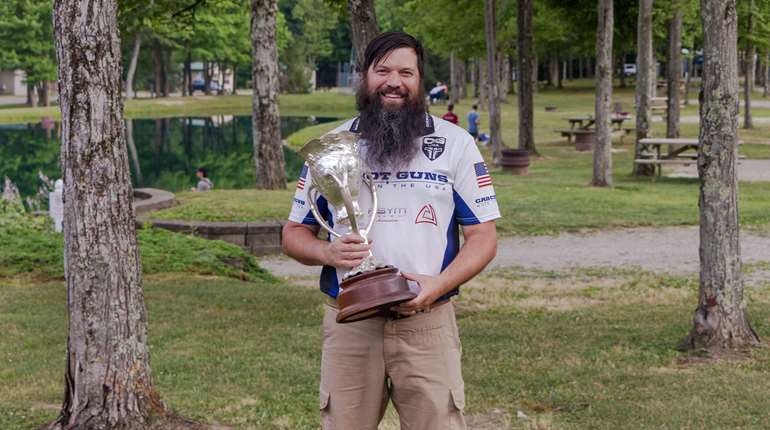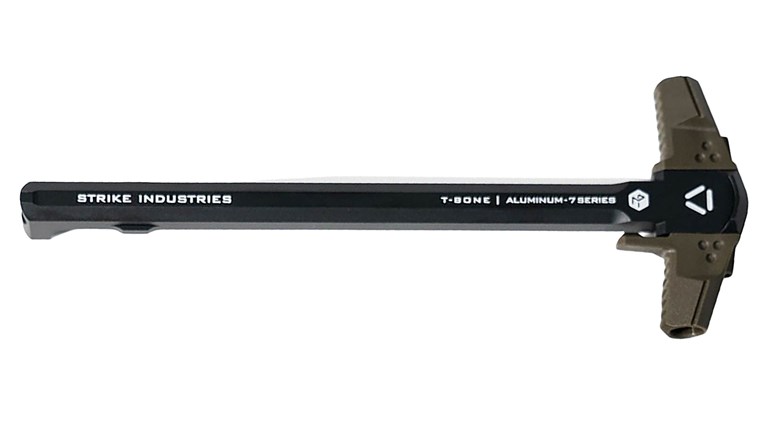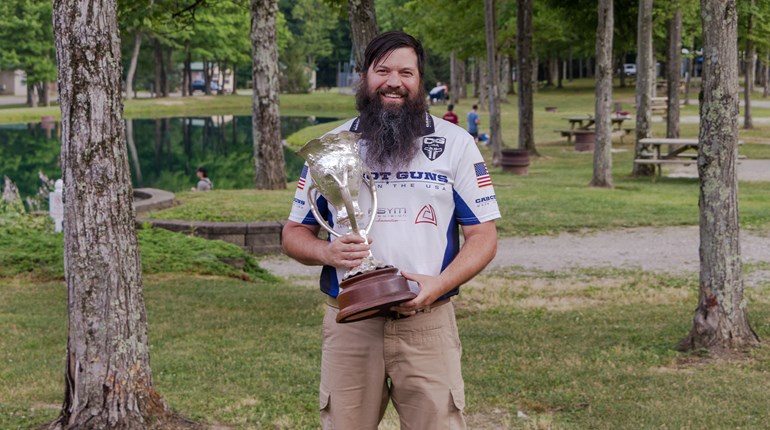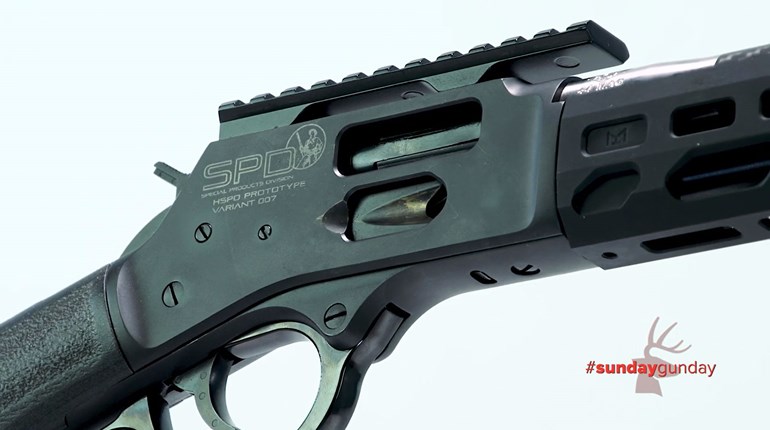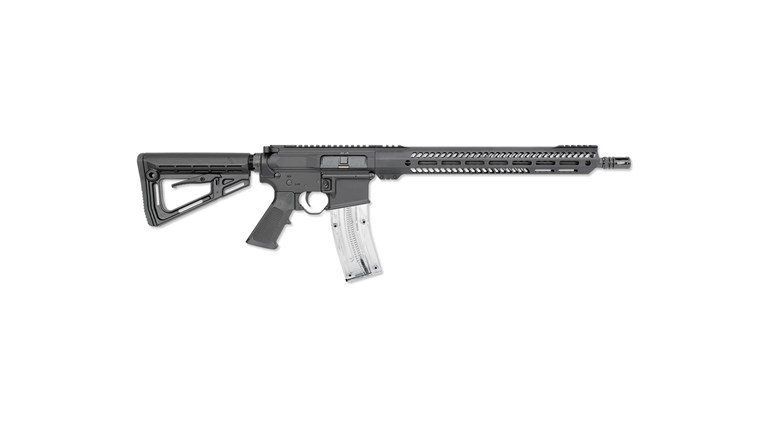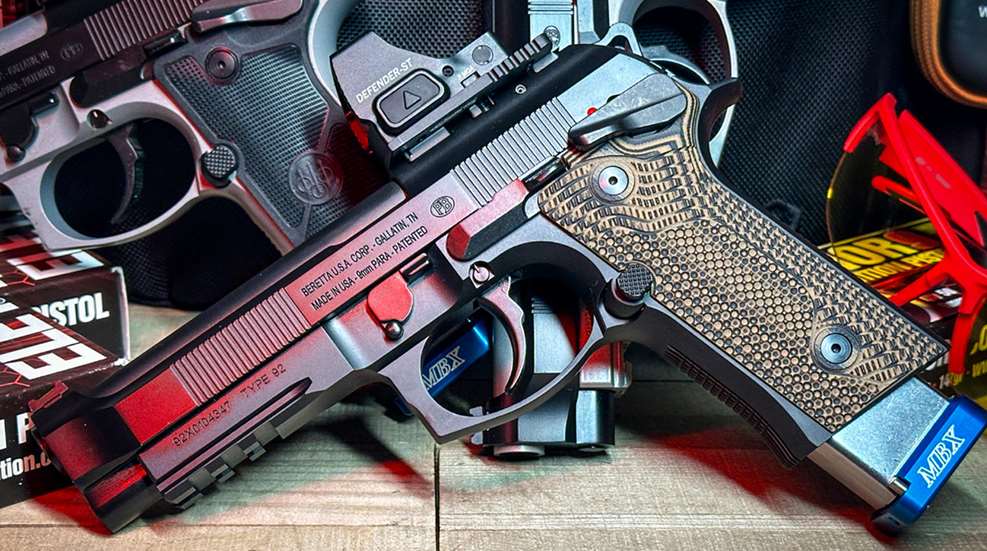
Growing up, water guns turned into cap guns, then pellet guns that eventually led to real range times with our fathers, uncles and other siblings. We all had a favorite gun that we wanted to get our hands on. For many, when the time was right, whether it was being old enough or saved up enough, a Beretta that we saw Sergeant Martin Riggs or Detective John McClane use so effectively on the big screen in “Lethal Weapon” and “Die Hard” was at the top of the list. It definitely was for me.
Those of us who grew up in the heyday of the 1980s action movies know how important a role the Beretta 92 played for our heroes in those films. This is back when you stood in long lines outside the theaters to buy tickets after your parents dropped you off to meet up with your friends; back when the one liners were delivered, “Welcome to the party, pal,” and the unsung hero would beat the bad guys and the audiences would stand up and cheer.
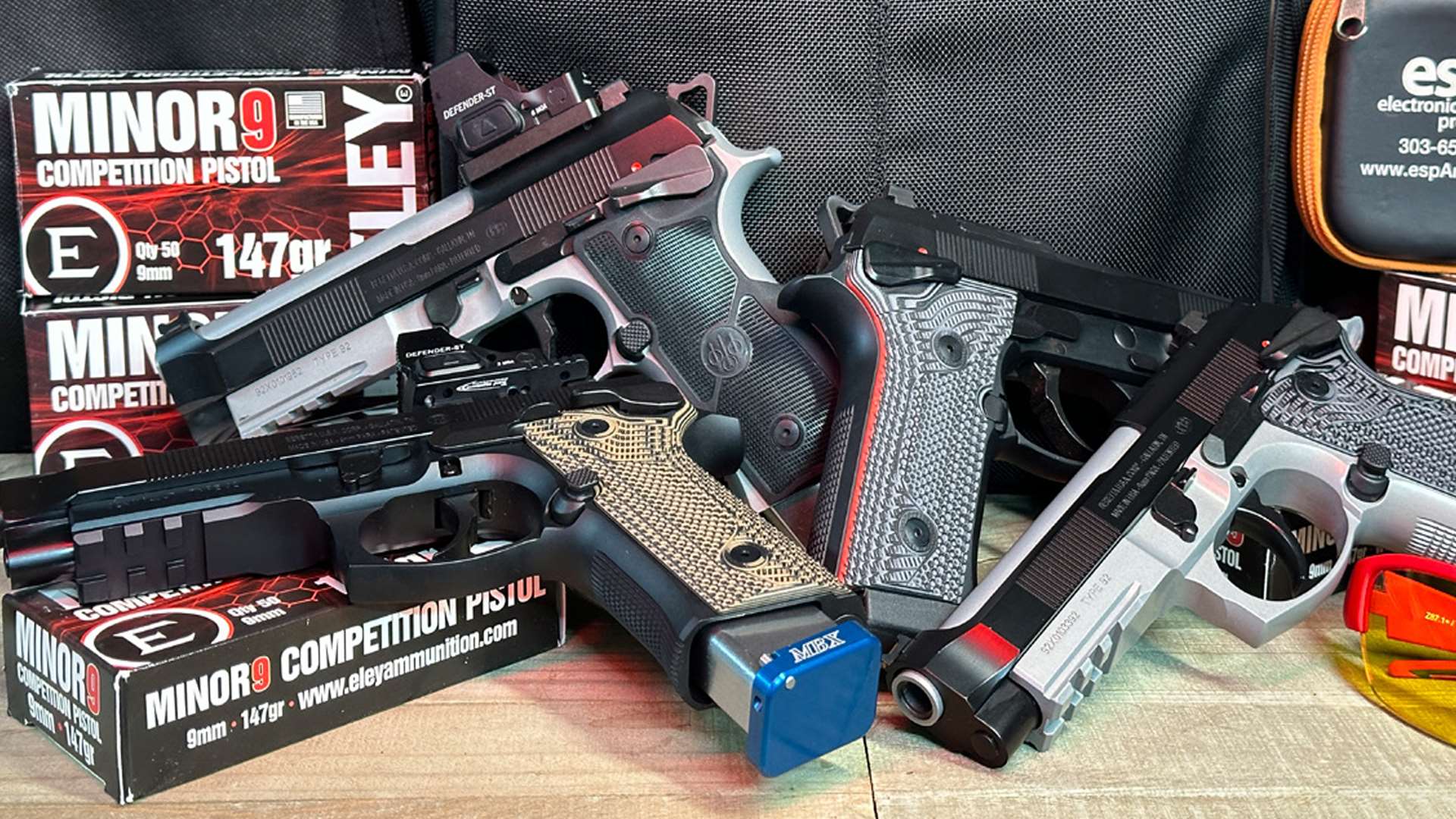
The first Beretta that I bought was around 1994 and was a 92 Inox. I specifically remember going to find the same “movie” version and seeing this in the case and being sold on the durability of the stainless steel finish. I held onto that gun for a few years and it saw frequent range trips. I didn’t start shooting competitively until 1999; by then, I had traded the Beretta off and was shooting 1911s in IDPA matches. My next full-size Beretta was the Elite II in 2001. This was my dedicated Stock Service Pistol that I made Expert with shortly after acquiring it. I didn’t focus on SSP division for long because I had ordered a Nowlin custom 1911 and the Elite II was sold off to fund that gun.
Around 2004 when I began shooting USPSA , I focused on L10 with my single stack for a few years until Single Stack actually became a division. I would primarily shoot Single Stack and Limited for the next several years and only occasionally chase my classification in Production division with a Glock, Smith & Wesson or CZ. I didn’t pick up another Beretta until the release of the 92X Performance and the review that Aron Bright and I did. That was followed up by the 92X Defensive and 92X Carry Optics models. These models were race-ready competition guns with extended controls, heavy steel frames with upgraded performance triggers and sights. The Defensive and Carry Optics models were optics-ready versions.
All three of these models have frame-mounted safeties but would require a competitor to safely lower the hammer all the way down at the start of a stage. There were no Performance models with a decocker, which traditionally on the 92 is a feature that is on the slide, not the frame. Manually lowering the hammer all the way down requires the first trigger pull to be a full double action before the reset into single action for all subsequent shots.
This year at the Beretta Range Day event prior to SHOT Show, Beretta released the Launch 92GTS that was then followed by the Standard 92GTS. The differences are just visual, with model color and grips. The Launch has a two-tone black slide over light grey frame and barrel. I am sucker for two-tone guns. The frame is a Vertec style with front rail and made from aluminum with nice presentation-style wood grips with the Beretta logo. No, this is not the heavy steel frame like the Performance series. The Standard is the same gun, just all black with checkered plastic grips. The GTS isn’t nose heavy and balances nicely in the hand.
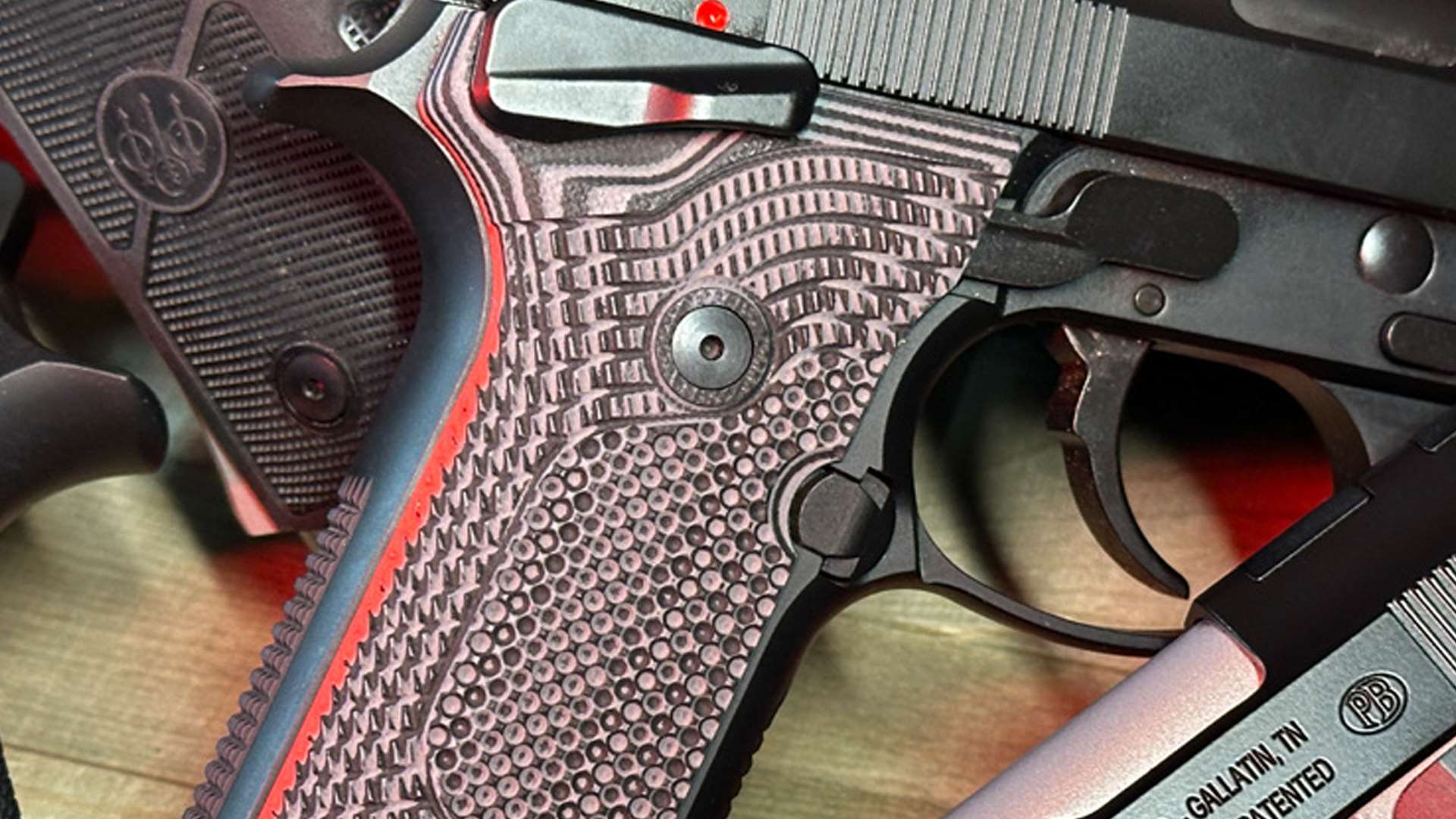
There are several things that set this gun apart from the previous 92G decocker models. GTS stands for G Twin Sear. G has been the designation for decocker on previous models. The Twin Sear is a new design and incorporated into these models, which are the first-ever frame-mounted decockers for the 92 models. The new Twin Sear technology ensures a flawlessly smooth transition from action to safe mode while maintaining performance. With a slight push up on the frame-mounted decocker, the hammer is dropped to its safe half-cock position. You do not have to pull the trigger and lower the hammer on these models after the “Make Ready” command, just decock it to the half-cock position.
The half-cock position of the hammer reduces the overall first double-action trigger pull. The first trigger pull has a short pre-travel into a solid wall with a straight pull for your first shot fired, followed by a short reset for subsequent single-action trigger pulls. The Beretta 92GTS features the X-Treme S Trigger. The profile of the trigger is the same profile found on the other Performance models and allows for a more consistent engagement. All of the trigger components are DLC coated, creating a smoother action. From the half-cock position, the average of five pulls on the Wheeler Digital Gauge was four pounds, 4.2 ounces, and the single-action averaged two pounds, 3.3 ounces. The short reset is similar to the other Performance models in the 92 lineup.
The Vertec-style frame profile is a more natural fit with its undercut trigger guard, beavertail and slimmer profile. The front strap is nicely checkered, with a matching rear backstrap checkering. This adds to the secure feel when gripping the gun. The magazine release is checked and extended to aid in fast reloads. The magwell is beveled to also aid in reloads. The takedown lever is standard length, not extended like the Performance models. The presentation-style wood grips on the Launch are a nice touch, but not too aggressive. The grips on the Standard have a more aggressive texture. Beretta offers a wraparound style in these with the hump on the back to help fill your hand if that is the style you prefer.
When it comes to grips, however, take a serious look at what LOK Grips has to offer for the Berettas. At SHOT Show 2024, Blake Cremeans from LOK was at the Beretta booth where Beretta Product Manager Nicola Lorenzi introduced me to him. LOK Grips sent three models of their grips to add to the GTS. The Veloce grips from LOK are a mix of textures running multiple directions to make sure the gun isn’t slipping in your hands. Your hand locks into the grip and provides a secure hold when running the gun hard, even with sweaty palms. CNC machined from high quality G10 material, the Veloce grips are similar in shape and thickness to the factory offering. The stock screws will work with the supplied O-rings from LOK. The Veloce comes in 24 different color patterns, with the option to add a liner that adds a nice complement of color to your custom grips. Also available is the Veloce Wraparound in standard thickness and palm swell. The wraparound conversion grips emulate the backstrap profile of the classic 92FS models. You can custom order these in four different variations. You may want to have a palm swell just on one side and standard on the other, for example. LOK can fix you up—not to mention they look great on the guns.
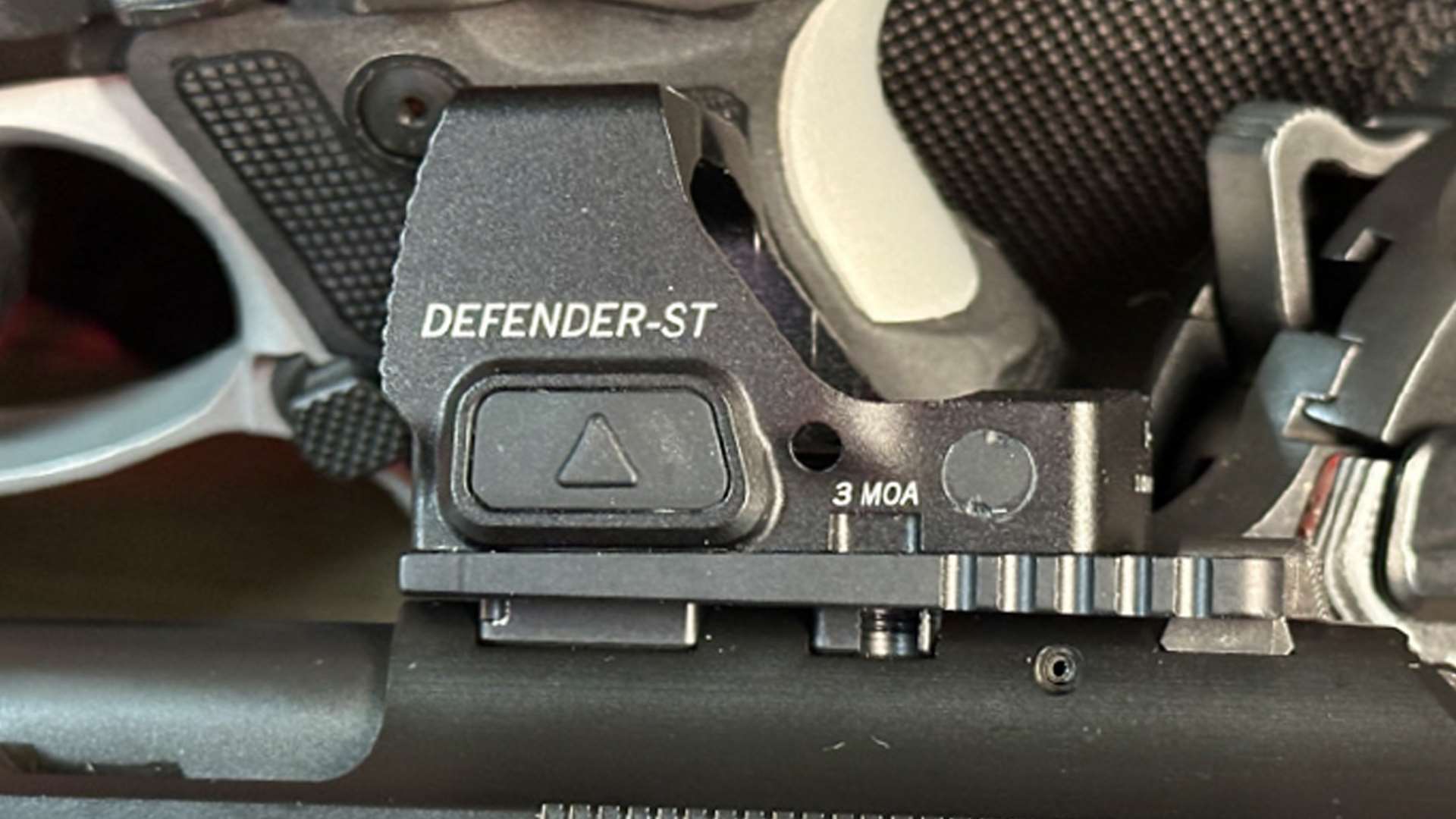
The slide on the 92GTS has front and rear cocking serrations in the same pattern as the Performance series and allows for easy slide manipulation. The GTS comes with a with red fiber-optic rod on the dovetail-mounted front sight. The fixed rear sight has a nice wide notch on the serrated sight that, paired with the fiber optic, creates a nice sight picture. These are ready for the range from the box and do not need to be replaced with aftermarket sights. The slide is optics-ready to mount your red dot of choice. A plate is required, and there are ones available from Beretta’s online store for several different footprints. There are new offerings from EGW and Toni System. The EGW plate replaces the rear sight and slides into the dovetail. This moves the mounted red dot back on the slide, away from the ejected cases. It is a solid mount that requires you to remove the rear sight, but has the added benefit of keeping the red dot out of the way of ejected cases.
The other option that has been in use by most of the Team Beretta shooters comes from Toni System. The aluminum plate comes with the required mounting screws and locating pins to mount your red dot. The plate sits much lower than the factory offering and is thinner, allowing for more thread contact with the mounting screws. This also brings the red-dot optic lower on the slide and in a more natural sight-line position compared to the factory Beretta plate. The plate works with the factory optics ready slide cuts, and you use the supplied mounting screws. Toni System also offers basepads, grips and other accessories. Soon, these parts will be faster to get with a U.S.-based distributor.
The Launch and Standard both weigh in at 33.3 ounces with the unloaded and supplied 18-round magazine. The gun comes with three magazines. There are compliant 15- and 10-round magazine SKUs available. One of the Standard models that I bought from a local gun store had 15 magazines, although Indiana is not a restricted state. The overall barrel length is 4.7 inches, compared to the Performance model and its 4.9-inch barrels. Overall length is 8.5 inches, with a width of 1.5 inches.
The guns have all performed exceptionally well. I have been able to hit some Steel Challenge matches as well as shoot the IPSC Nationals in Production division with the 92GTS model. I am kind of a “one is none,” and that competition guns, like shoes, come in pairs. I shot the provided sample for review from Beretta at IPSC Nationals and have purchased two of the Launch models and another Standard. I have run several different factory 9 mm loads including the Eley 147-grain competition load at IPSC Nationals. The Eley Steel Challenge ammunition with factory recoil system had a few failures to extract, but with standard 9mm 147-, 124- and 115-grain loads from various manufacturers and the 150-grain Federal Syntech, the guns have been flawless.
A Red Hill Tactical double layer kydex holster mounted up to a Black Scorpion belt with Ghost Holster magazine pouches has been a reliable rig setup for the Beretta. The robust, dual-layer configuration design incorporates two .08-inch thick layers of Kydex. The added rigidity not only supports the low-cut design, but also minimizes the flex and bounce typically seen when removing significant material from a single Kydex layer. Red Hill Tactical states that this stability allows for customization of the rig's appearance. The company offers a range of solid colors, a carbon-fiber look and various custom camouflage patterns such as Kryptek, Supercam, Hexcam and more.
Like all Red Hill Tactical holsters, the front is cut low to facilitate a quick draw. This feature also accommodates the use of optics on your handgun, allowing most slide-mounted red dots, including the Trijicon SRO and the new Holosun competition models, to clear easily. All of the Red Hill Tactical’s competition holsters come with adjustable retention. You have the option of standard Phillips head screws or upgrades to Stainless, Brass or Black knobs, which let you adjust the retention without needing tools.
If you want to run the 92GTS in Carry Optics, MBX Extreme offers 141 mm legal magazines that hold 24 rounds with the Max spring and follower. MBX has been the go-to source for 2011 magazines and are now making magazines for several big manufacturers such as Beretta, Walther, Glock, CZ and Canik. Also available from MBX are the Ultra Max spring and follower set for factory magazine tube; add in the Henning Group extended base pad, you can also get 24 rounds.
The new 92GTS checks a lot of boxes whether you are a Beretta fan looking for the newest offering, or for a feature-packed handgun that can go from nightstand to everyday carry holster to the range for a match, the 92GTS has you covered. The Launch models are a limited edition with a MSRP of $1,199, while the Standard comes in at $899 MSRP. Locally, I found the Standard for under $800 and the Launch for under $1,000. Check out the Beretta lineup of products at beretta.com.
Article from the May/June 2024 issue of USPSA’s magazine. All photos by Jake Martens.





